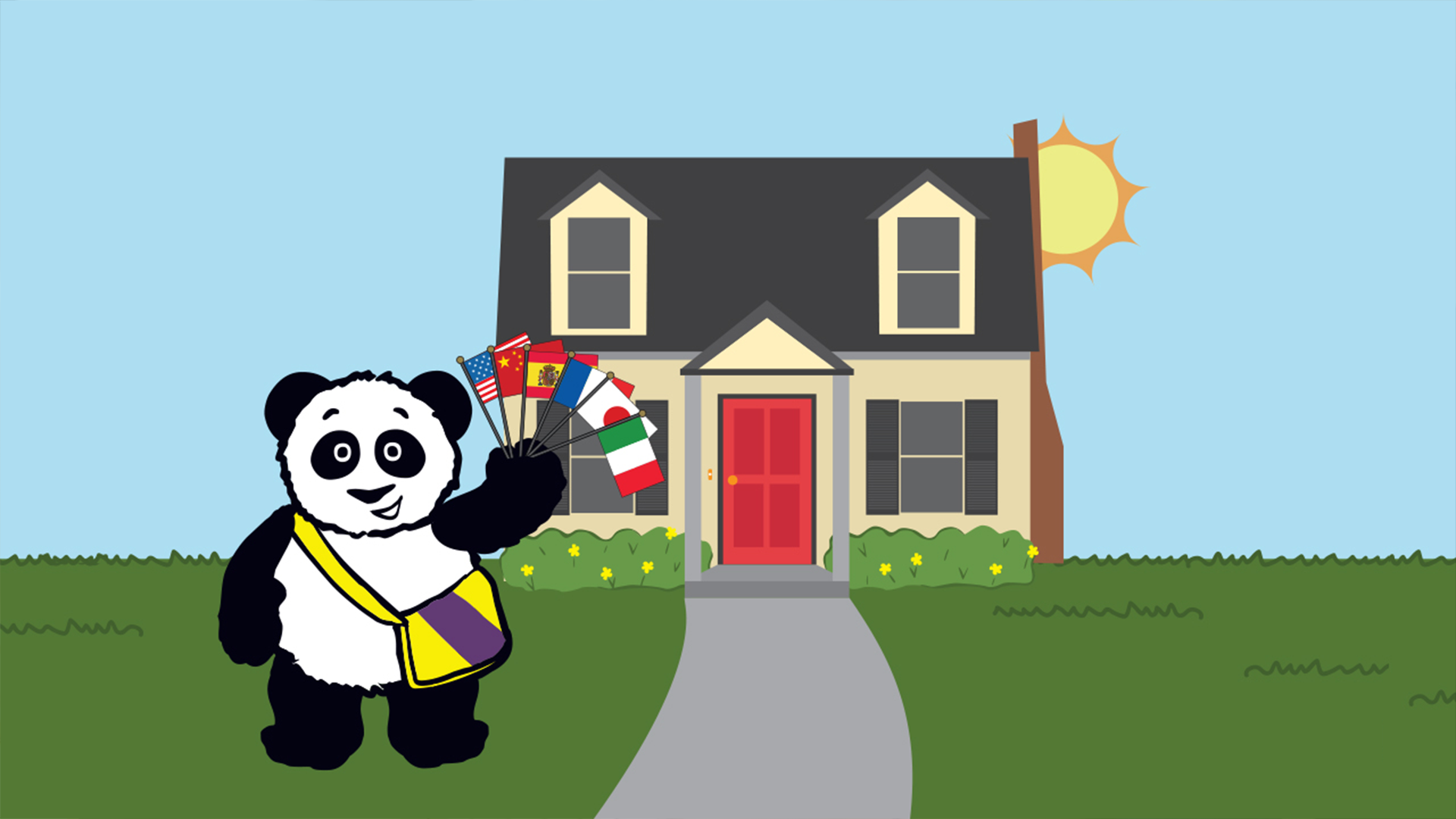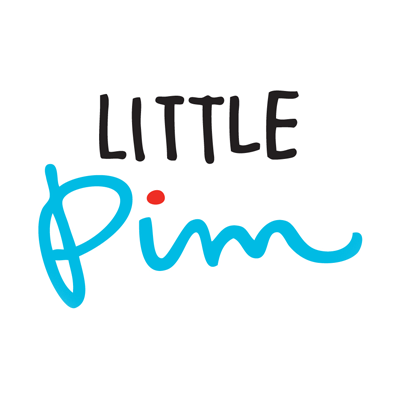
LITTLE PIM BLOG
Stanford researchers say early language learning is critical
How do we begin to learn a language? How do young children go from the "goo" (baby talk) to being able to form real words and sentences by the time they're toddlers? In the video below, Stanford researchers discuss their studies involving children's language learning, what abilities are involved in language learning, and how language interacts with kids' understanding of their social world.
[youtube id="TBiE5F83ZE4"]
The researchers explain the importance of understanding how kids learn so that we can begin to design better early childhood intervention programs for kids who aren't getting enough language input, or in cases of developmental disabilities.
They also stress that the language children are exposed to in infancy and early childhood has a huge impact on their later language and academic abilities. As Associate Professor Michael Frank says in the video,
The language exposure you get early on in life is really critical for your later language proficiency and your school performance.
Their conclusion backs up the premise behind our award-winning language learning program: the best time for kids to learn a language is before age 6. Be sure to check out the research behind our method to learn more about how we integrate scientific studies like these to help kids effectively learn languages, both native and foreign.
Little Pim Supports Universal Pre-K
All children deserve a smart start in life. National and local momentum has built behind universal pre-K, an international movement to make quality preschool education accessible to all children in the United States. Several states including Georgia, Oklahoma and Florida already offer pre-K to all children, and 40 states, overall, offer at least some publicly funded pre-K programming. Here in New York City, where Little Pim is based, a recent state budget agreement has enabled the mayor, Bill de Blasio, to begin working to add 53,000 new full-day pre-K seats to the city's public school system. President Obama and Washington lawmakers from both sides of the aisle are pushing for Congress to approve federal support and we can hope to see more states follow suit in the upcoming years.
Progress is underway, but the United States must continue to expand access to ensure its children remain competitive in the global marketplace. Many other industrialized countries, including France, Sweden, Canada, India and Australia have long offered government-funded public preschool programs – and it's easy to see why.
Research indicates that high-quality early childhood education offers enduring benefits – benefits similar to those brought by early bilingualism. It has been found to improve children's long-term cognitive abilities, boosting language, literacy and mathematics skills, and to positively affect behavioral traits including sociability, motivation and self-esteem.
What's more, studies show, the benefits of pre-K for kids continue into adulthood, leading to greater college success, higher incomes and lower rates of incarceration. These benefits are most pronounced for disadvantaged kids but there are undeniable benefits to early education for children from all socio-economic backgrounds.
The growing support for expanding access to pre-K is exciting – and the result of parents and lawmakers taking action to level the playing field for kids and provide each and every one of them with the tools they need to succeed in school and beyond. We applaud their efforts and are in lock step with this important movement.
At Little Pim, the idea of democratizing education has always been one of our most important guiding principles. We believe strongly that all young children should have the opportunity to learn a second language when they can learn it best – in that critical window, from birth to age 6. These children will be better positioned to achieve success in an increasingly global world. In the wake of the Universal PreK movement, we would love to see a greater national focus on early world language education for all children.

